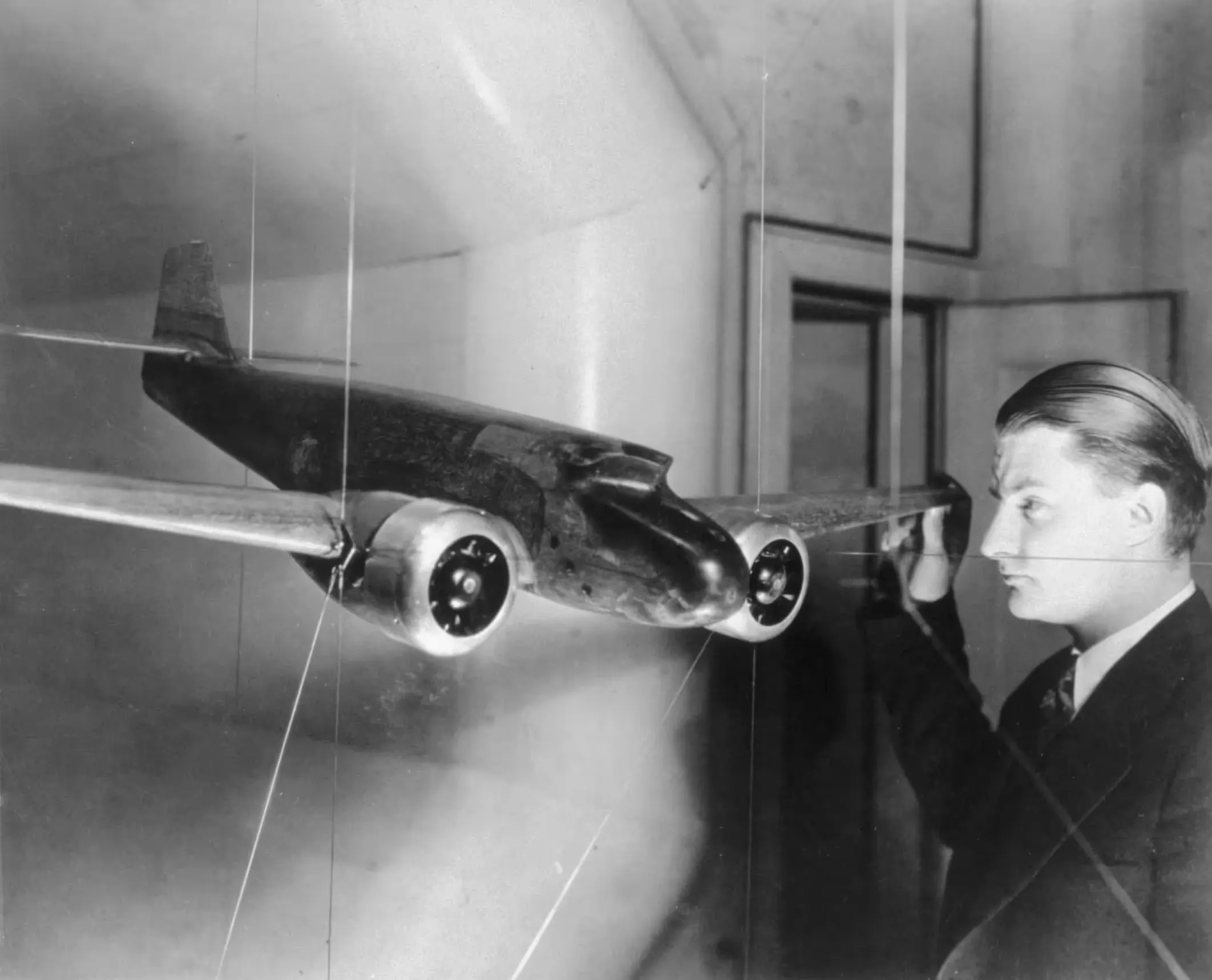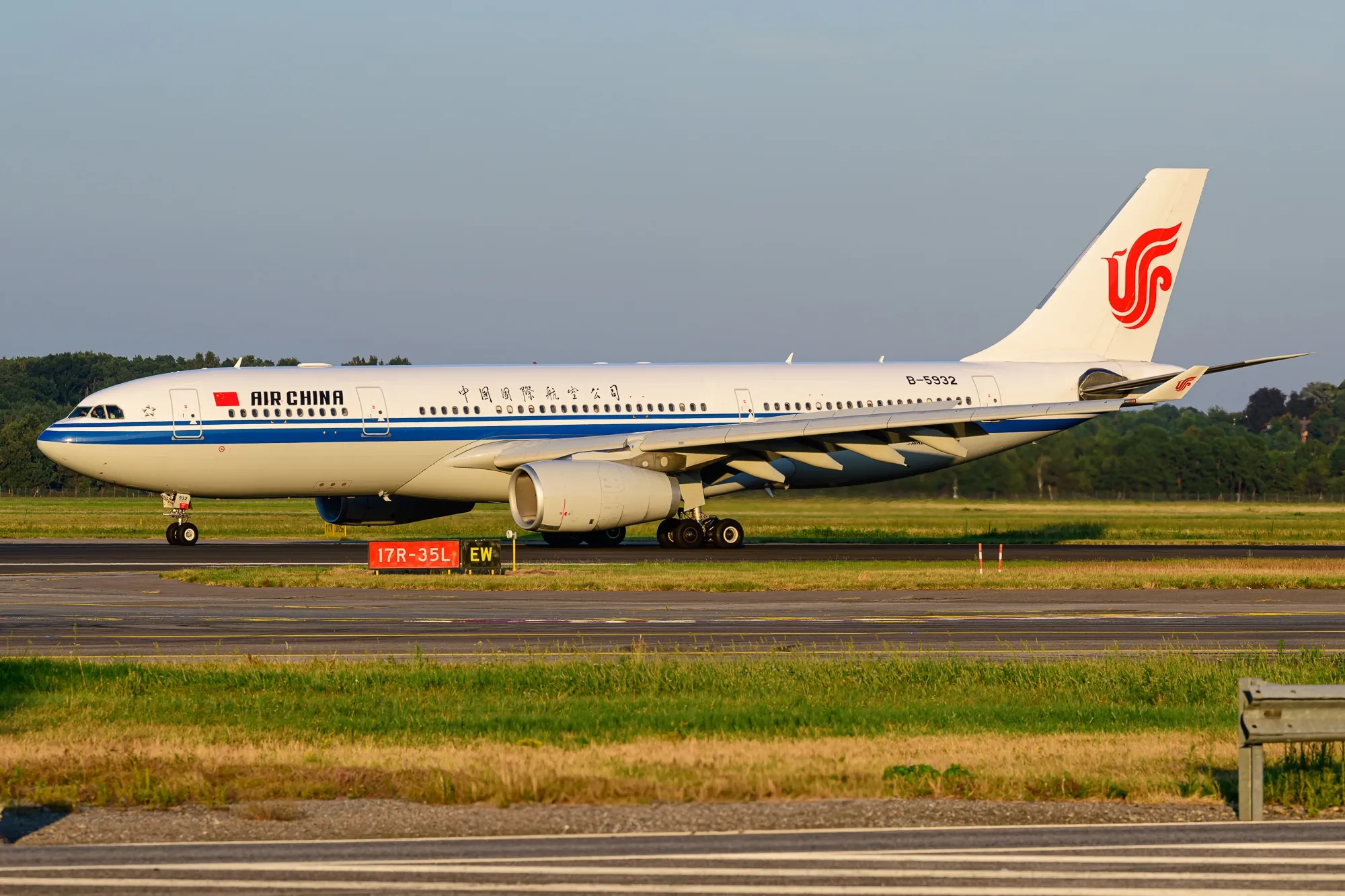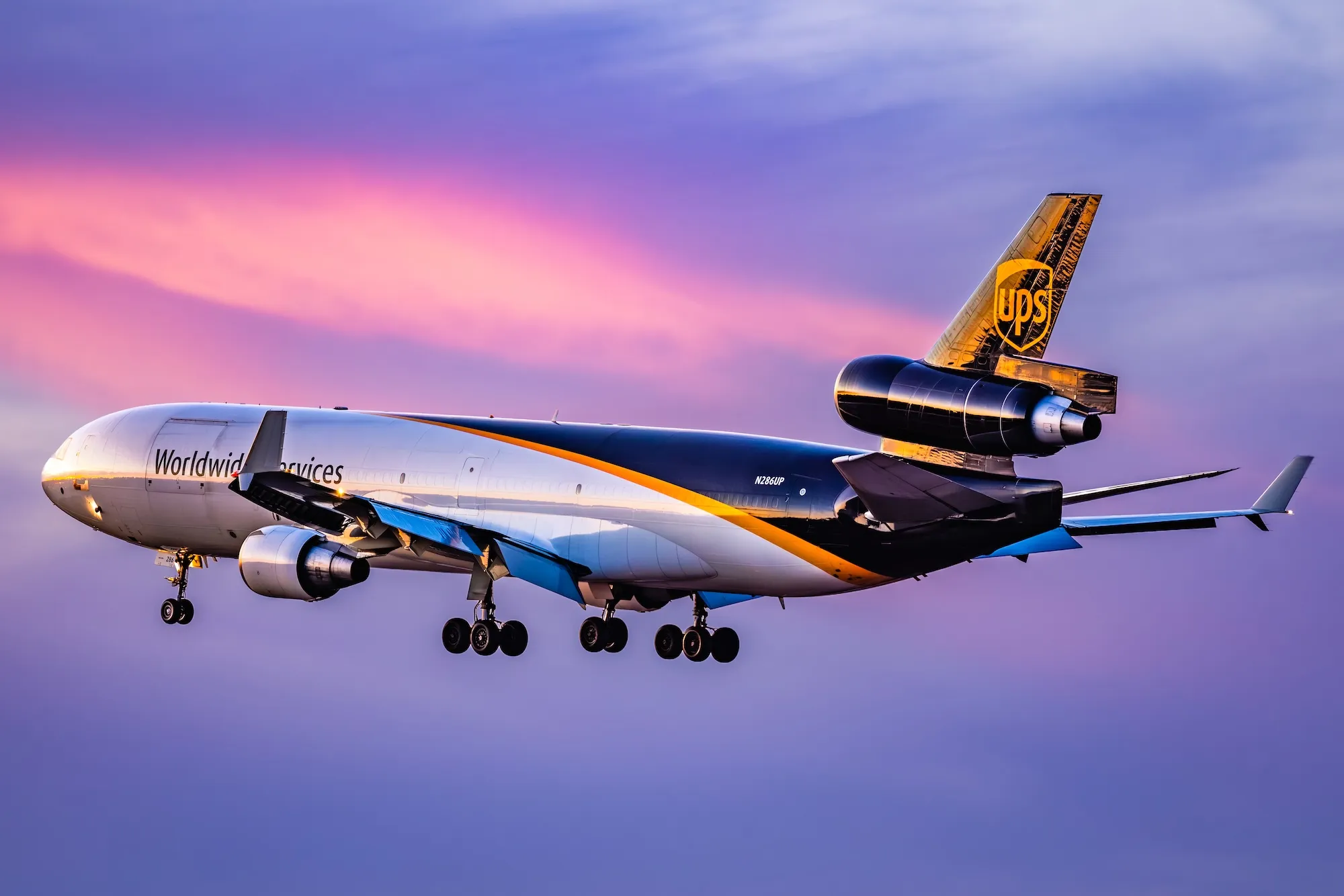DALLAS – easyJet (U2) will surrender 3,000 slots at London Gatwick Airport (LGW). The low-cost carrier will cede these slots back to the UK’s flag carrier, British Airways (BA).
easyJet’s Chief Commercial Officer, Sophie Dekkers, said the carrier has applied for 90,000 Gatwick slots for summer 2024. Around 6,000 of these slots have been built into U2’s summer 2024 schedule for resilience purposes. This is because U2 had been forced to cancel many of its summer 2023 flights due to air traffic control disruptions and congestion in the southern Mediterranean last year.
The return of 3,000 LGW slots to BA for summer 2024 equates to three aircraft’s worth of slots, according to Dekkers. U2 will return these slots to BA under a slot agreement between the two airlines. The move will reduce the number of U2’s Gatwick-based aircraft.
The airline is set to further reduce its LGW slots in the future. “That will take us from 81 down to 78 aircraft,” Dekkers said. “More aircraft [in slot equivalents] will be returned in the next couple of years as well.”

easyJet's slots at Gatwick Airport
British Airways withdrew from LGW during the coronavirus pandemic. It subsequently launched the short-haul leisure carrier BA Euroflyer in March 2022. During the hiatus, BA redistributed its LGW slots.
When BA downsized its LGW operation from 32 to 16 aircraft, U2 picked up some of these slots. U2 gained 8 aircraft’s worth of slots from BA. The remainder of BA’s slots were redistributed to other airlines in the International Airlines Group (IAG). Spanish low-cost carrier Vueling also took up some of BA’s slots.
easyJet has also finalized a new six-year agreement with LGW. This agreement builds on an existing seven-year contract, which is set to expire in April next year. U2’s CFO, Kenton Jarvis, said the deal secures U2 as a significant partner airline at LGW.
The airline is now looking for opportunities in markets that are currently underserved, meaning new traffic rights in markets where the airline is “underrepresented,”, particularly in North Africa. “That’s something we are speaking to the relevant authorities about on an ongoing basis,” U2’s Eugene Lundgren said.
Featured image: British Airways has long struggled to make a profit with its short-haul LGW operation, especially as easyJet grew to become the airport's biggest operator. Photo: amateur photography by Michel, CC BY 2.0, via Wikimedia Commons. Article source: Aviationweek.com

.webp)
.webp)
.webp)
.webp)
.webp)



.webp)